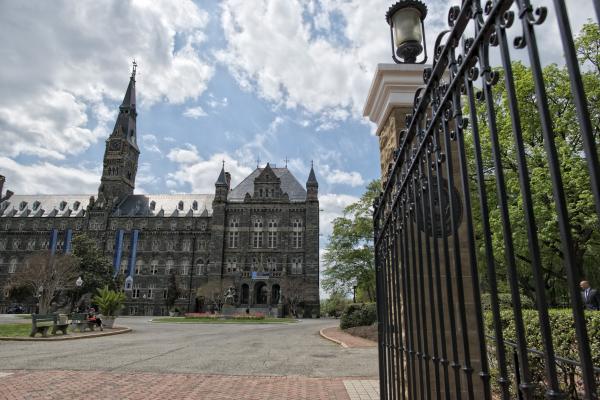Sep 2, 2016
The continued use of the language of reconciliation around this news obfuscates the need for real, full-fledged atonement.
At a moment like this, while the nation watches Georgetown takes this opportunity to correct the sins of its past, white Americans must not demand reconciliation. We must take the work of atonement upon our own shoulders. To do otherwise is to live as if Jesus’ life were not a gift, but something God owed to us from the beginning.
Read the Full Article

Already a subscriber? Login
